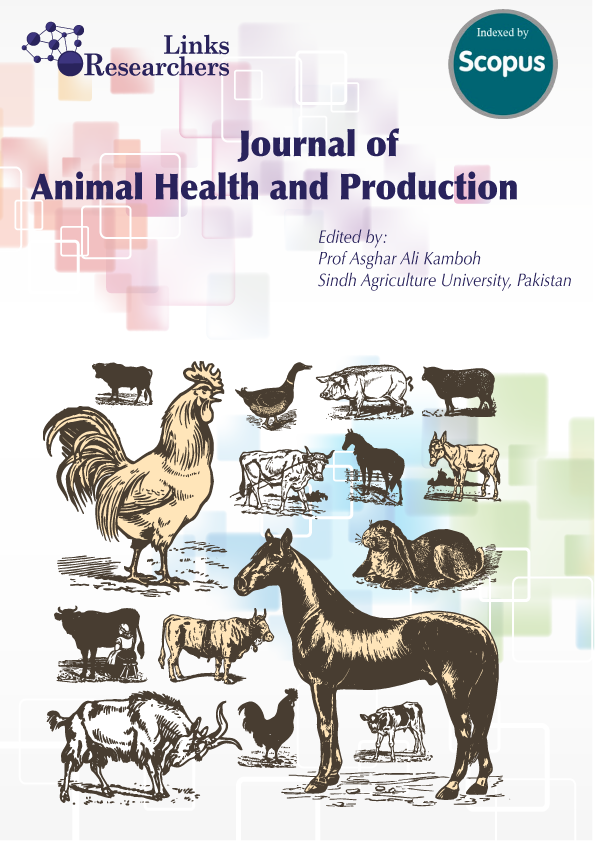Lead is a heavy metal that occurs naturally in the earth’s crust; however, it is infrequently encountered as a metal. Lead compounds are formed when mixed with two or more elements, and these compounds are used as a pigment in paints, dyes, ceramic glazes, and caulk. To limit the hazardous effects of lead on humans and animals, the quantity of lead used in these items has recently been lowered. The kidney and liver are very sensitive organs to chronic Pb toxicity. Lead produces free radicals and causes oxidative stress, both of which are linked to renal damage. Tribulus terrestris (TT) has anti-inflammatory and antioxidant effects. The hydroalcoholic extract of TT has been investigated against lead acetate-induced nephrotoxicity. In experimental animals, forty adult male albino rats were utilized. Four groups of animals were used in the study. Ten male rats each group are used: Group 1 (control group): For 28 days, the animals were given distilled water orally. Group 2 (lead acetate group): For seven days, animals in this group received intraperitoneal injections of lead acetate at a dose of 30 mg/kg B.W. every day, depended on LD50. Group 3 (Tribulus Terrestris group) animals received extraction of T.T orally at a dose of 250mg/kg / B.W. for 28 days. Group 4 (lead acetate+ Tribulus Terrestris) received lead acetate (30mg/kg B.W.) for 7 days + Tribulus Terrestris (250mg/ kg B.W) daily for 28day. In the current investigation, T. terrestris plant extract has been shown to provide protection against lead acetate-induced toxicity. It is abundantly obvious that administering lead acetate causes a substantial change in the structure and activities of the kidneys. The alcoholic extract of T. terrestris fruit containing lead acetate has demonstrated a significant protective impact on renal function and tissue structure. T. terrestris extract can raise the amounts of the biochemical indicators including urea and creatinine, and it is efficient in considerably reducing some of the physiological effects of liver and renal lead acetate toxicity, which is further supported by the significant histological alterations of T. terrestris extract, in contrast to lead acetate, which displayed some detrimental effects.
Keywords | Lead acetate, Tribulus terrestris, Plant extract, Nephrotoxicity, Antioxidant





